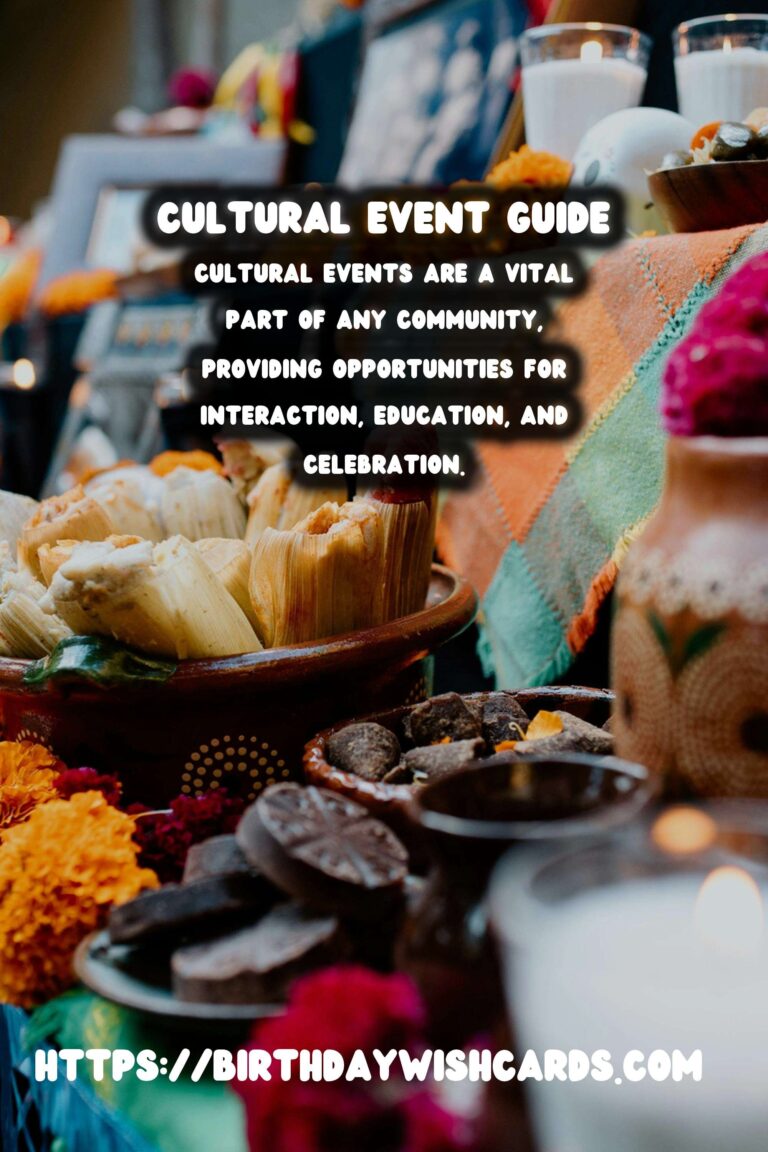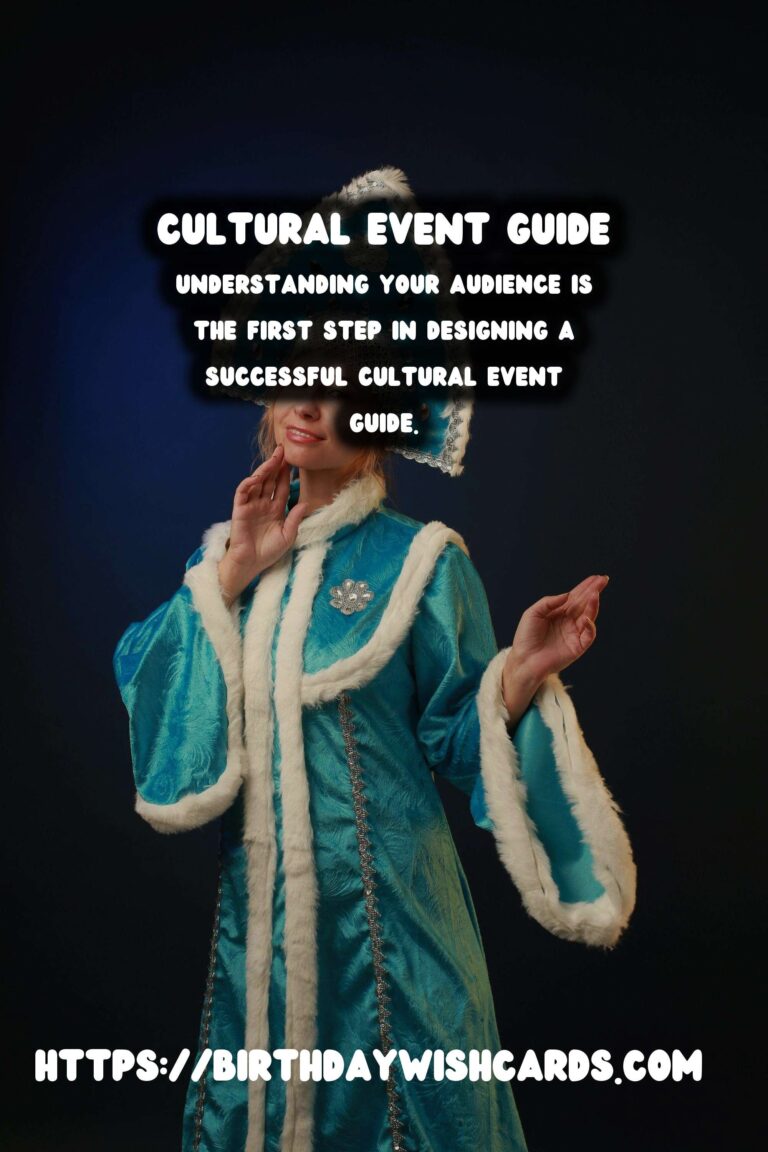
Cultural events are a vital part of any community, providing opportunities for interaction, education, and celebration. However, organizing these events can be a challenge, especially when it comes to budgeting. In this guide, we will explore how to design a cultural event guide that fits every budget. We will discuss the importance of planning, the elements to include, and tips for success.
Understanding Your Audience
The first step in designing a successful cultural event guide is to understand your audience. Who are they? What are their interests? What type of events do they prefer? Conduct surveys or focus groups to gather this information. Knowing your audience will allow you to tailor the guide to their preferences and needs.
Budgeting for the Event
Once you know your audience, the next step is to create a budget. Determine how much you can allocate for the event and what expenses you will incur. Common expenses include:
- Venue rental
- Marketing and promotion
- Food and beverages
- Entertainment
- Staff and volunteers
It’s important to have a clear understanding of both your fixed and variable costs. This will give you a better idea of how much you need to charge for tickets (if applicable) and how many attendees you need to break even.
Choosing the Right Format
The format of your event can significantly impact your budget. Here are some common formats to consider:
- Festival: Larger events that take place over multiple days, often in outdoor settings.
- Workshop: Smaller, more intimate events that can have a lower cost due to their size.
- Exhibition: Showcasing art or culture in a gallery or public space, usually requiring less overhead.
Designing the Guide
Your cultural event guide should include the following elements:
- Event Overview: A brief description of the event, including the mission and goals.
- Schedule: Detailed information about the date, time, and location of the event.
- Activities: Outline the specific activities and attractions that will be available.
- Budgeting Options: Include different ticket pricing options or donation levels to accommodate all budgets.
- Contact Information: Ways for attendees to get in touch for questions or further details.
Marketing Your Event
Once your guide is designed, it’s time to market your event. Utilize various channels such as:
- Social Media: Promote your event on platforms like Facebook, Instagram, and Twitter.
- Email Newsletters: Send out regular updates to your mailing list.
- Local Media: Reach out to newspapers, radio stations, and community boards.
Engaging with the Community
Engagement is key to the success of any cultural event. Consider involving local artists, performers, or businesses to enhance the event and foster a sense of community ownership. This can also help reduce costs as local entities may be willing to participate for promotional opportunities.
Monitoring and Evaluation
After the event, it’s crucial to gather feedback to understand what worked and what didn’t. Surveys can be useful in collecting this information. Monitor attendance numbers, ticket sales, and community engagement to evaluate the overall success of the event.
Tips for Success
To ensure your cultural event guide is effective, keep the following tips in mind:
- Be clear and concise in your communication.
- Utilize visuals to make the guide engaging.
- Stay flexible and be prepared to make adjustments as needed.
- Promote inclusivity within your event planning.
Conclusion
Designing a cultural event guide that caters to every budget requires careful planning and consideration. By understanding your audience, budgeting wisely, and effectively marketing your event, you can create an inclusive and successful cultural experience for everyone involved.
Cultural events are a vital part of any community, providing opportunities for interaction, education, and celebration. Understanding your audience is the first step in designing a successful cultural event guide.

